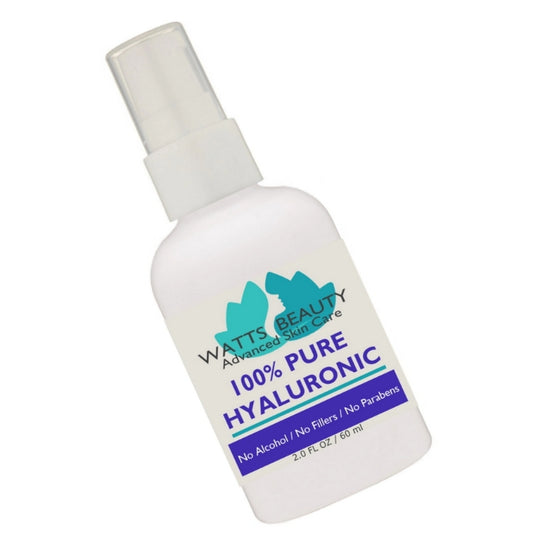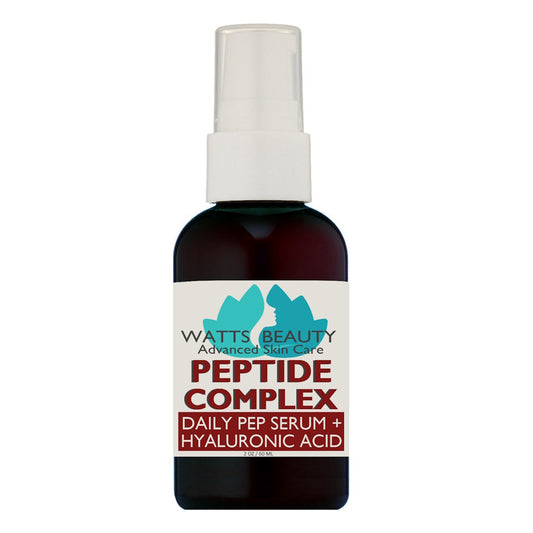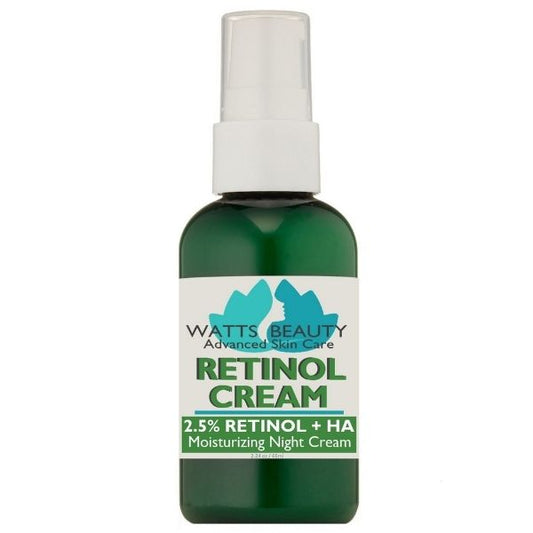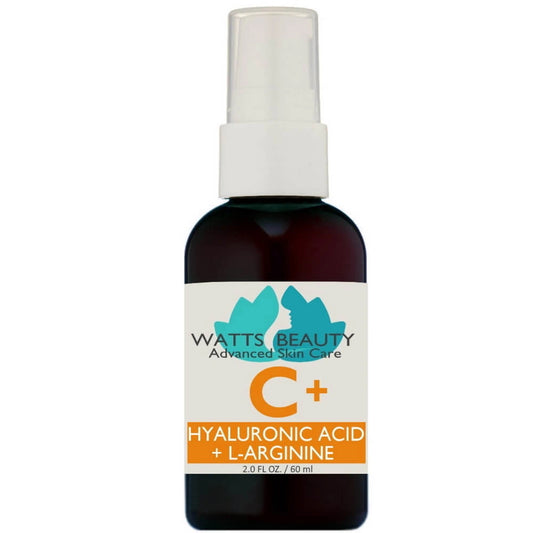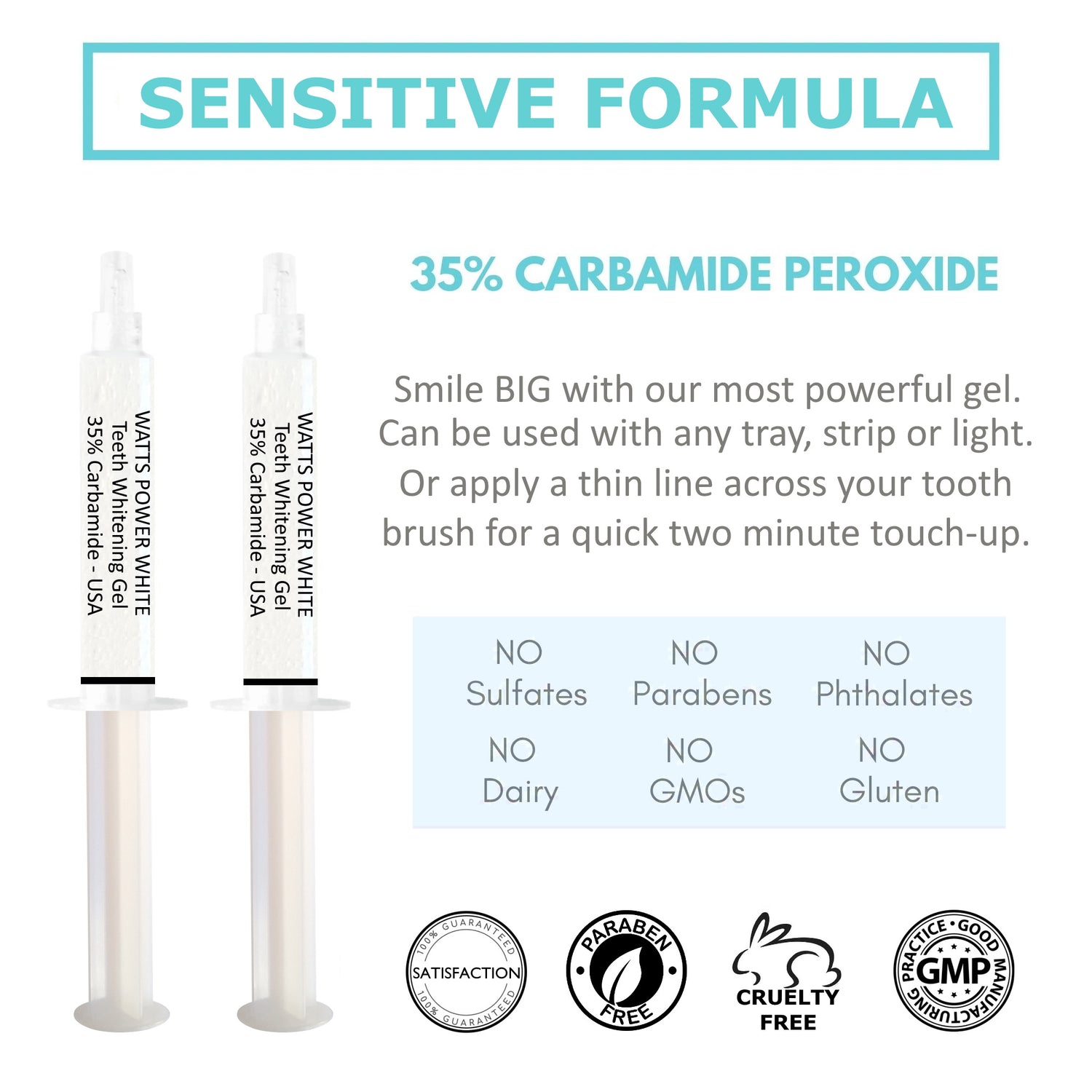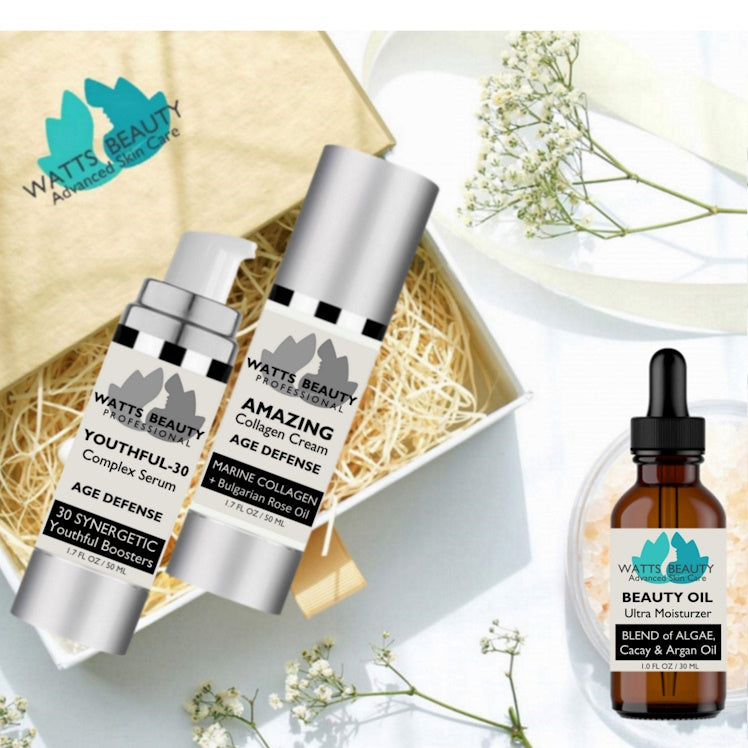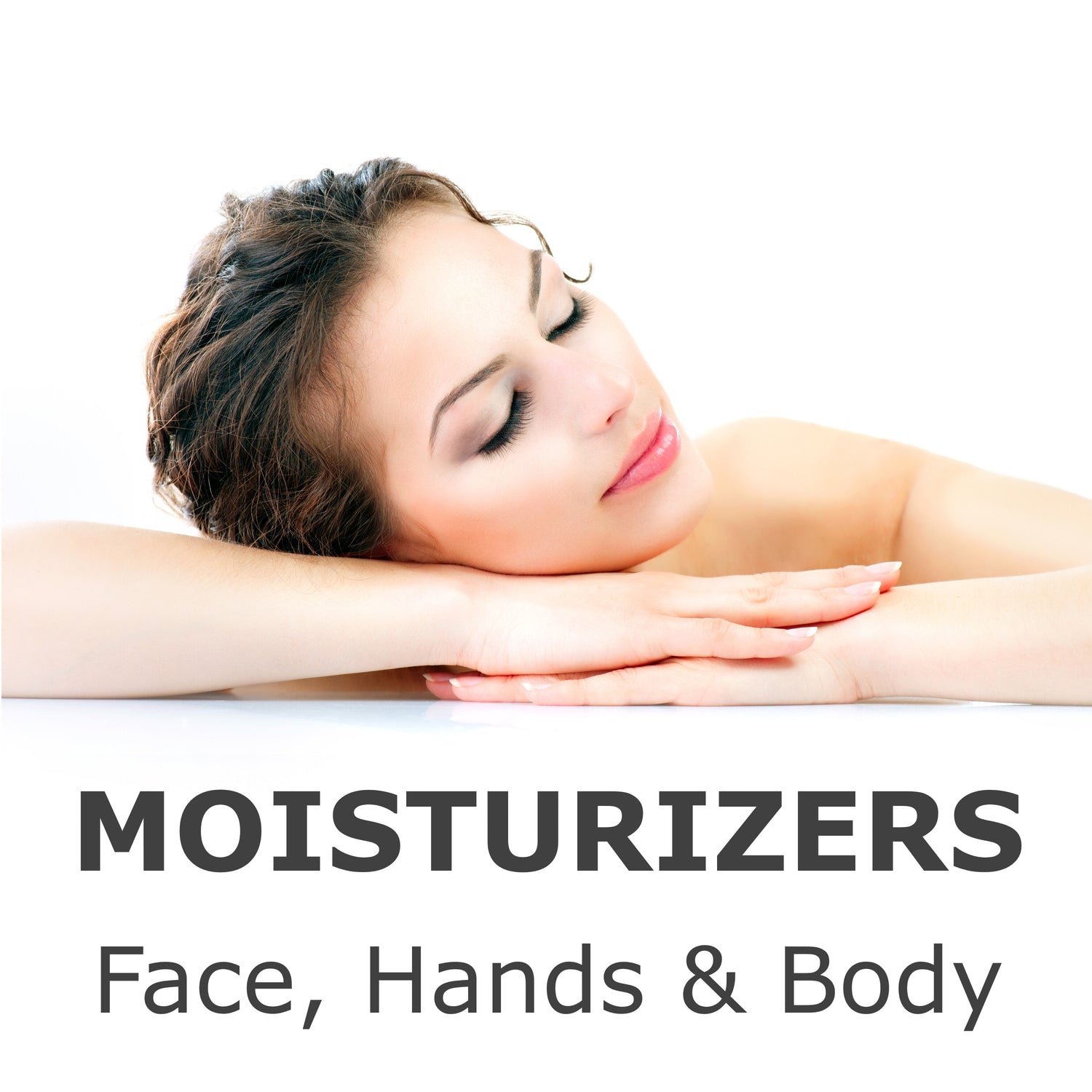Essential Oils for Skin: What Works and What Doesn't
Quick Listen:
Essential oils have long been used in natural beauty and wellness routines, touted for their potential to improve skin health and appearance. From soothing irritated skin to promoting a healthy glow, essential oils offer a variety of benefits. However, they're not a one-size-fits-all solution, and understanding what works and what doesn't is essential for safe and effective skincare.
In this article, we'll explore the effectiveness of essential oils for different skin concerns, their benefits, limitations, and potential risks, as well as how to safely incorporate them into your skincare regimen. By the end of this article, you'll have a deeper understanding of how to use essential oils for radiant, healthy skin while avoiding potential pitfalls.
What Are Essential Oils?
Essential oils are concentrated plant extracts that capture the natural fragrance and beneficial properties of plants. These oils are typically obtained through steam distillation or cold pressing. Each essential oil contains unique compounds that are believed to have therapeutic properties, which is why they've gained popularity in skincare products.
The Benefits of Essential Oils for Skin
Essential oils can provide a variety of benefits for your skin, depending on the type of oil used and the skin issue you're aiming to address. While they can offer impressive results, it's important to remember that essential oils should never be applied directly to the skin without proper dilution. When used correctly, they can enhance your skincare routine in the following ways:
1. Antioxidant Properties
Many essential oils are rich in antioxidants, which can help neutralize free radicals and reduce oxidative stress on the skin. Free radicals are unstable molecules that can damage skin cells and accelerate the aging process. Oils such as rosehip, frankincense, and lavender are known for their antioxidant benefits.
2. Anti-inflammatory Effects
Skin conditions like acne, eczema, and rosacea often involve inflammation. Essential oils such as chamomile, tea tree, and helichrysum are known for their anti-inflammatory properties and can help calm irritated skin. These oils may also help reduce redness and swelling caused by breakouts or other inflammatory skin conditions.
3. Antibacterial and Antifungal Benefits
Certain essential oils, like tea tree, eucalyptus, and oregano, have antibacterial and antifungal properties, making them popular choices for combating acne and other skin infections. These oils can help kill bacteria and reduce the risk of clogged pores, a major contributor to acne.
4. Moisturizing and Nourishing
Oils like rose geranium, argan, and jojoba are great for moisturizing the skin. They help lock in moisture, making them ideal for dry or dehydrated skin. These oils can improve skin elasticity, leaving it soft, smooth, and well-hydrated.
5. Promoting Skin Healing
Essential oils like lavender and helichrysum have healing properties that can assist in the skin's natural regeneration process. They are often used to help fade scars, reduce the appearance of stretch marks, and speed up the healing of wounds or blemishes.
Popular Essential Oils for Skincare
Not all essential oils are created equal when it comes to skincare. Some oils are more suitable for specific skin concerns, while others may not have the desired effects. Let's explore some of the most popular essential oils used in skincare.
1. Tea Tree Oil
Tea tree oil is widely recognized for its ability to combat acne due to its antibacterial and anti-inflammatory properties. It's effective for treating breakouts and clogged pores, and it can also help soothe redness and irritation. However, it's important to use it in moderation, as it can be irritating to sensitive skin.
2. Lavender Oil
Lavender oil is one of the most versatile essential oils for skincare. It's known for its calming, anti-inflammatory, and antioxidant properties. Lavender oil can help soothe irritated skin, reduce redness, and promote healing. It's particularly beneficial for sensitive skin types and can be used to treat burns, scars, and acne.
3. Frankincense Oil
Frankincense oil is revered for its anti-aging properties. It can help tighten the skin, reduce the appearance of fine lines and wrinkles, and promote cell regeneration. Its anti-inflammatory properties also make it a great choice for calming irritated skin.
4. Rosehip Oil
Rich in vitamin C, rosehip oil is often used for its skin-brightening and anti-aging benefits. It's particularly effective at reducing dark spots, hyperpigmentation, and uneven skin tone. It also contains essential fatty acids that hydrate and nourish the skin, making it an excellent choice for dry or mature skin.
5. Chamomile Oil
Chamomile oil is a gentle, soothing oil with anti-inflammatory and calming properties. It's ideal for sensitive skin and can be used to treat conditions like eczema, rosacea, and sunburns. Chamomile's ability to calm irritation and redness makes it a great option for those with inflamed or reactive skin.
What Doesn't Work
While essential oils can be beneficial for many skin concerns, they aren't a cure-all. Some essential oils may not be suitable for certain skin types, and not all oils live up to the claims surrounding them. Here's a look at what doesn't always work with essential oils.
1. Irritation and Allergic Reactions
Essential oils are highly concentrated, and without proper dilution, they can irritate the skin. Always perform a patch test before using any essential oil on a larger area. Some people may be allergic to specific oils, causing redness, itching, or even swelling. Oils like cinnamon, oregano, and peppermint are particularly potent and may cause irritation for those with sensitive skin.
2. Limited Effectiveness for Severe Skin Conditions
While essential oils can provide relief for mild to moderate skin conditions, they may not be effective for more severe issues, such as advanced acne, eczema, or psoriasis. Essential oils should not replace medical treatment for chronic skin conditions. Always consult with a dermatologist if you have concerns about your skin.
3. Over-promising Anti-Aging Claims
Some essential oils are marketed with bold claims, promising to erase fine lines and wrinkles or to make your skin look younger. While oils like frankincense and rosehip may have mild anti-aging benefits, they should not be relied upon as a sole treatment for signs of aging. A good skincare routine that includes sun protection, hydration, and exfoliation is more effective at reducing the appearance of aging.
How to Safely Incorporate Essential Oils into Your Skincare Routine
When used properly, essential oils can be a powerful addition to your skincare regimen. Here's how to incorporate them safely and effectively:
1. Dilution is Key
Essential oils should always be diluted in a carrier oil, such as jojoba, argan, or coconut oil, before applying them to your skin. The general rule is to dilute essential oils to 1-3% concentration. For example, for every 1 tablespoon of carrier oil, use 3-6 drops of essential oil.
2. Patch Test
Before applying an essential oil to your face or body, perform a patch test on a small area of skin (like your inner arm). Wait 24 hours to ensure you don't have an adverse reaction.
3. Use in Moderation
Essential oils are potent, and using too much can cause irritation or sensitivity. Start with a small amount and gradually increase as needed.
4. Avoid Direct Sun Exposure
Some essential oils, like bergamot, lemon, and lime, can increase your skin's sensitivity to sunlight. If using these oils, be sure to avoid direct sun exposure for at least 24 hours after application.
5. Consult a Professional
If you have sensitive skin or a skin condition, it's always best to consult with a dermatologist before adding essential oils to your skincare routine.
Promote Skin Regeneration
Essential oils can be a valuable addition to your skincare routine when used correctly. They offer a variety of benefits, from calming inflammation to promoting skin regeneration, but they should always be used with caution. By understanding which oils work for your skin and how to safely incorporate them into your routine, you can harness the power of nature to achieve radiant, healthy skin.
Remember, essential oils should complement a well-rounded skincare regimen, not replace other essential steps like cleansing, moisturizing, and sun protection. With the right approach, essential oils can work wonders, providing a natural, aromatic way to enhance your skin's health.
Disclaimer: The above helpful resources content contains personal opinions and experiences. The information provided is for general knowledge and does not constitute professional advice.
You may also be interested in: Earn Cash or Rewards with the Best Affiliate Program - Highest ...
Frustrated with skincare products that overpromise and underdeliver? Your medicine cabinet tells the story of broken promises. Watts Beauty was created by medical professionals who understand this frustration. Our clinically tested formulas deliver visible results at affordable prices - professional-grade ingredients starting at just $13. Each purchase also helps domestic violence survivors rebuild their lives. Join thousands of satisfied customers who've discovered skincare that keeps its promises. Shop now and reveal your radiant skin today!
Powered by flareAI.

